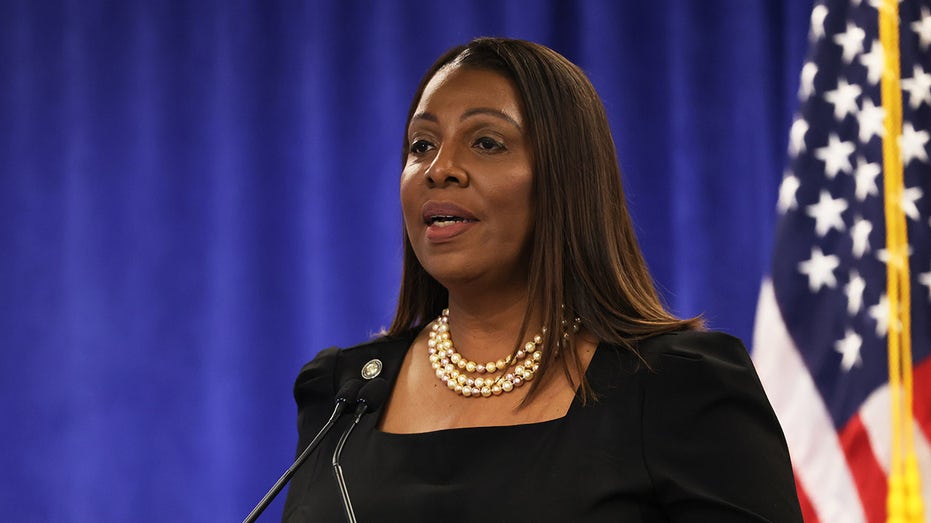Let’s be honest… the government is gaslighting us on working from home
Given the public sector’s appalling productivity record , the government should get its own house in order before giving out working from home advice to private businesses, says Matthew Lesh There is an irony in government ministers telling private enterprises how to be more productive. This week, Business Secretary Jonathan Reynolds claimed that creating a [...]


Given the public sector’s appalling productivity record , the government should get its own house in order before giving out working from home advice to private businesses, says Matthew Lesh
There is an irony in government ministers telling private enterprises how to be more productive.
This week, Business Secretary Jonathan Reynolds claimed that creating a right to flexible work would increase staff productivity. Perhaps Reynolds should put his own house in order before providing unsolicited advice to businesses.
The public sector’s productivity record in recent decades has been abysmal — private sector productivity has grown by almost 40 per cent since 1997, while public sector productivity has barely budged. Major projects, like HS2, are costing billions more than planned, if they happen at all due to skyrocketing costs. The NHS has tens of billions more money and thousands of extra doctors and nurses, yet it barely performs more procedures than pre-Covid and millions are languishing on waiting lists.
Some of the public sector’s recent issues were even caused by working from home during the pandemic. The Passport Office and DVLA faced months-long delays in issuing documents after staff were sent to work remotely. HMRC’s call centres struggled to handle high call volumes and the court system faced a similar issue with remotely conducted hearings.
This does not mean working from home is never appropriate. Greater flexibility is perhaps the most enduring impact of the pandemic. Many workers have come to appreciate and even expect the greater freedom. It gives them more flexibility to arrange their lives and fewer distractions when completing solitary tasks. So, despite the cries of some former Tory ministers and firebrand commentators, there is nothing wrong with an employee and an employer agreeing to allow working from home.
The productivity puzzle
On the other hand, all good things in moderation. WFH can lead to colleagues feeling disconnected from each other. It risks reducing productivity by allowing slacking. Then there are lost training opportunities for junior staff and sparks of random creative collaboration that only come when people are in the same physical space.
In the academic literature, this is known as ‘localised knowledge spillovers’, with evidence showing inventors are likelier to cite a patent originating from that same geographic area. Evidence also shows that engineers and scientists communicate more when they are physically closer together, even within the same building. It is no coincidence that entrepreneurship and innovation clusters develop in a physical place like tech in Silicon Valley or finance in London. When people meet ideas have sex.
The need to balance expectations for greater flexibility with those of in-person collaboration is why most organisations now allow some mixture of both – expecting their employees to be in the office part of the week while letting them work from home on other days. When it comes to working in the office or remotely, it is not a choice between one or the other — it is about embracing both.
This decision need not be political. What works for each business, and each employee, will be markedly different. The government does not need to tell every organisation how to structure its operations. It can and should be settled by mutual agreement.
Unfortunately, the new government has a different idea about labour regulation. They are trying to gaslight us into believing a state diktat is better for everyone. But it is just not.
Matthew Lesh is Country Manager at Freshwater Strategy and a Public Policy Fellow at the Institute of Economic Affairs



